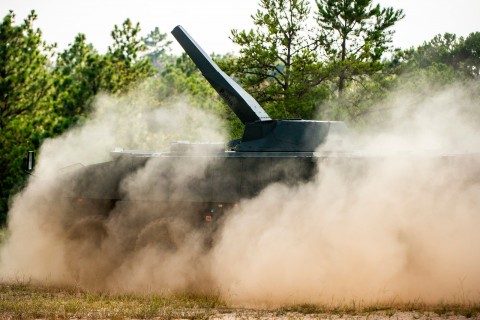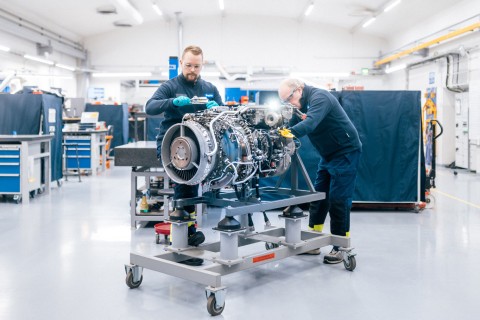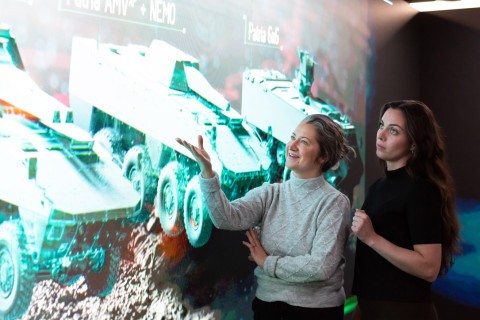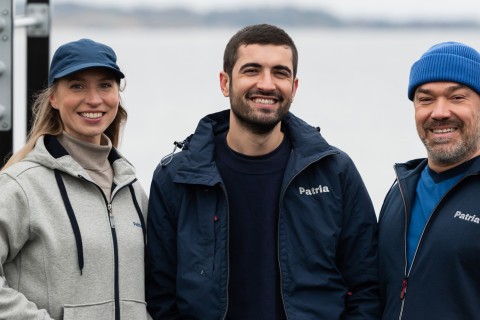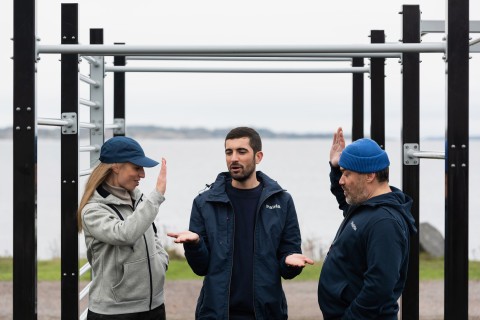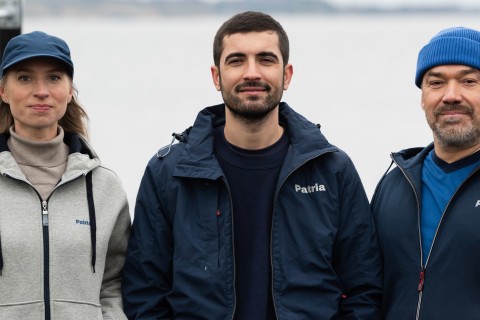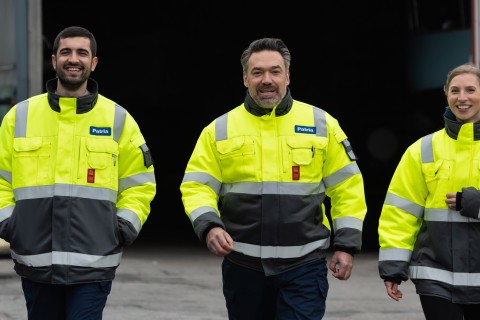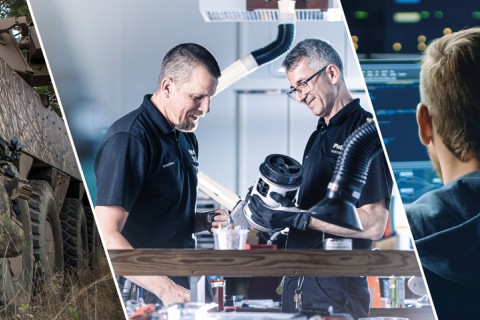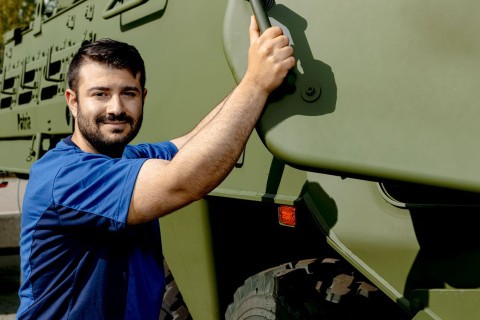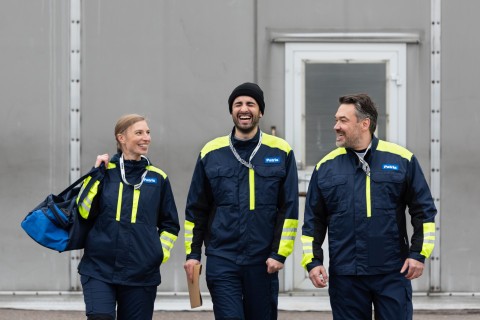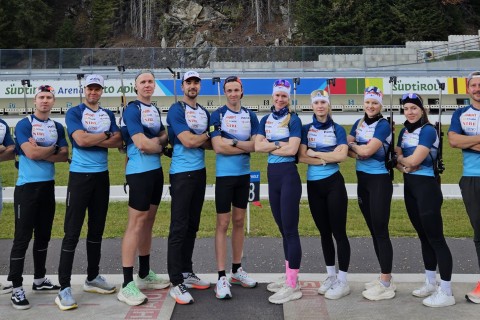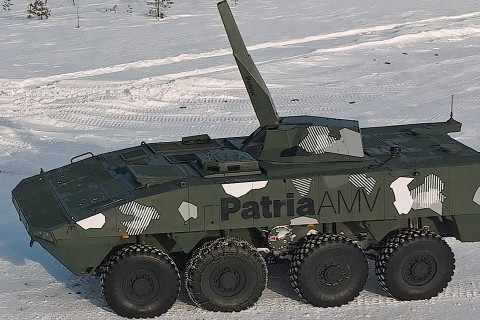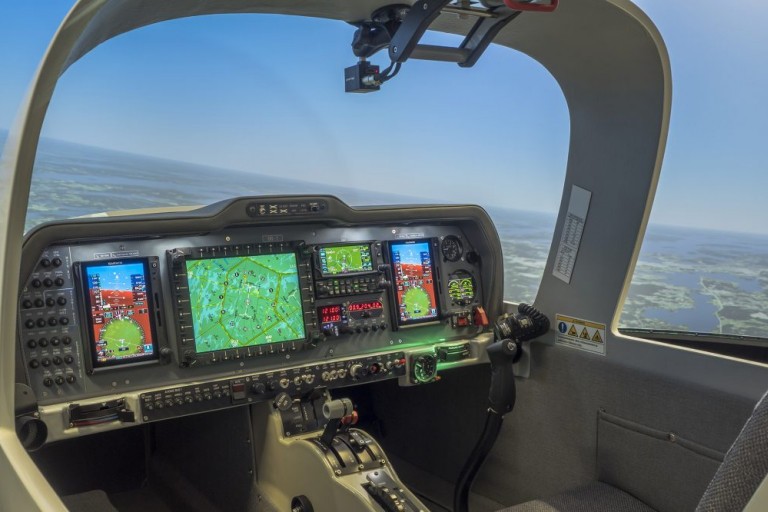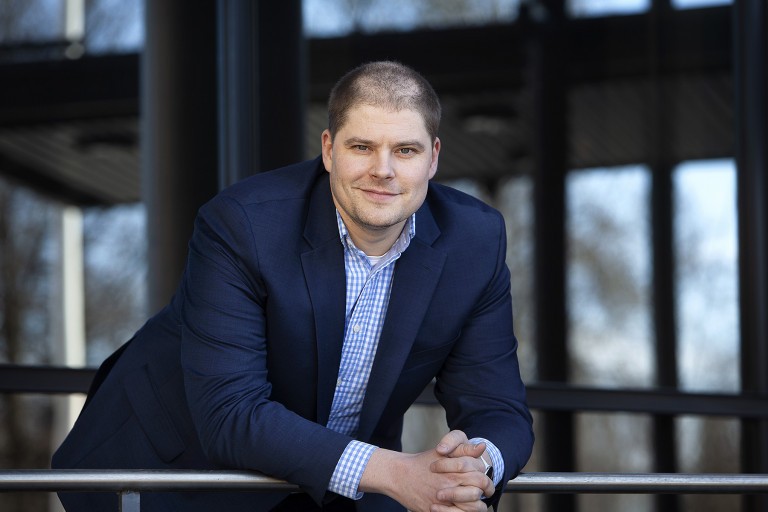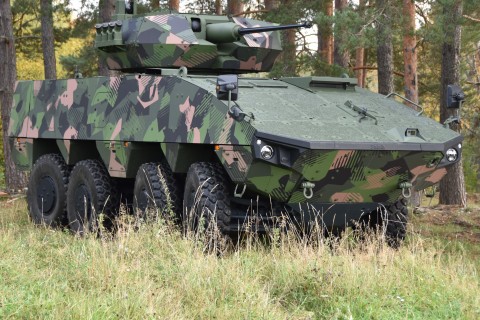
Patria and the Finnish Air Force - From co-operation to strategic partnership
17.6.2015
In early 2015, the long-standing and close co-operation between the Finnish Air Force (FAF) and Patria was sealed to form a strategic partnership.
In early 2015, the long-standing and close co-operation between the Finnish Air Force (FAF) and Patria was sealed to form a strategic partnership.
Text: Jukka Nortio
Photos: Antti Hentinen and Rami Marjamäki
This approach is intended for both peacetime and crisis situations, enabling Patria to perform its role on a systematic and long-term basis while generating cost savings. Strategic partnership is a novel concept for the Finnish Defence Forces (FDF). “I think we first raised strategic partnership up as a topic for discussion at the FDF when we began examining the possibility of finding partners for Army maintenance functions in the early 2000s. Partnership means the Defence Administration engaging in networking with the private sector,” comments Kari Renko, Brigadier General (Engineering). On 6 March 2015, the date when the FAF celebrates its foundation, cooperation between the FAF and Patria was sealed when the parties signed an agreement on a strategic partnership for the delivery of life-cycle services for military aviation systems. “Our collaboration has a long-standing foundation and has now been formalised to meet the requirements of the modern world. All of the practical arrangements have now been put down on paper, ” Renko remarks.
Martti Wallin, Unit Manager at Patria Aviation (left) and Kari Renko Brigadier General (Engineering) from The Finnish Defence Forces.
The Logistics Establishment is the key element
The FDF strategy includes a definition of strategic partnership according to which the FDF will focus on its core function, the defence of Finland by military means, while basing its support functions on a networked operating model. The FDF Logistics Establishment plays a key role in this model. “The Logistics Establishment links the military component of FDF logistics with one from the civilian world,“ Renko remarks. The Logistics Establishment, which serves the entire FDF, was founded in early 2015. Previously, each branch of the FDF had its own materiel command. The Logistics Establishment is responsible for material management, such as the upkeep and maintenance of equipment and the provision of other support services for every branch of the FDF. “Under the new model, the FAF is an operator conducting flight operations, assuming responsibility for the servicing of aircraft and, to a certain degree, for maintenance performed at workshop level. The Logistics Establishment is responsible for all material, ranging from aircraft to fuel tankers. The FAF reports its material needs, while the Logistics Establishment produces the required materiel together with our industrial partners such as Patria,” Renko comments. “The FDF Logistics Establishment uses domestic industrial partners such as Patria, engaging them in a variety of functions including planning, maintenance and manufacturing. Such collaboration enables both the development of maintenance systems and the repair of equipment in Finland in a manner that relieves us of depending solely on the original equipment manufacturers,” comments Martti Wallin, Unit Manager at Patria Aviation.
Preparedness under all conditions
Strategic partnership deepens collaboration to a level where account can be taken of critical security of supply in peacetime and in crisis situations. “Strategic partnership involves the planning and development of operating procedures, conducted in a long-term manner and close collaboration. Patria, a strategic partner, can be considered part of our logistics organisation,” Renko comments. The depth of collaboration between Patria and the FAF is illustrated by the completion by Patria of the many modifications to FAF aircraft. The details of such modifications are subject to approval by the Logistics Establishment, which is responsible for ensuring that military aircraft in Finland are airworthy. Major modifications area also subject to a further approval by the Finnish Military Aviation Authority, a body attached to the Finnish Air Force Headquarters and which is equivalent to the Finnish Transport Safety Agency (Trafi), the civilian safety authority. “The military aviation authority has set a standard for our operations and ensures that we comply with it. An independent authority ensures that FAF aircraft are airworthy under all circumstances,” Wallin says. Our expertise, which is high quality by international standards, did not emerge by chance. “To be capable of maintenance operations in Finland, an operator requires the necessary equipment and in-depth expertise. The prerequisite for this is continuous and in-depth training in aircraft maintenance engineering. Aircraft procurement agreements always include the purchase of know-how and planning capability, aimed at enabling us to gain comprehensive expertise in aircraft maintenance,” Renko remarks.
Efficiency and savings
Strategic partnership with Patria also provides the FAF with operational and economic benefits. Operationally, the shift in the focus of the FAF’s core operations is the most notable change compared to the previous years. Like the FDF across its entire organisation, the FAF has been compelled to make substantial staff cuts, but this has not lowered its operational standards. The development of continuous and long-term collaboration between Patria and the FAF will bring cost savings. Substantial savings can be achieved on a yearly basis in several areas of collaboration. Renko succinctly sums up the close partnership based on trust and a long, shared history, as follows. “Without the services produced by Patria, the FAF would be unable to operate. We would no longer be able to fly.”
What did you like about the article?
Thank you for your opinion! You can share the article on social media using the buttons below:
